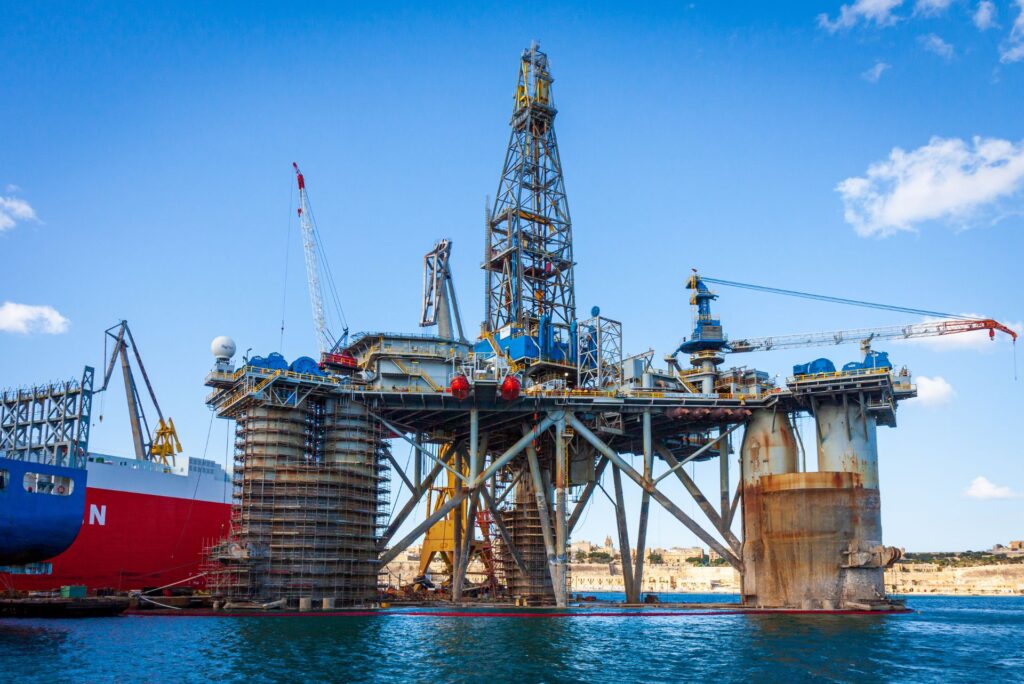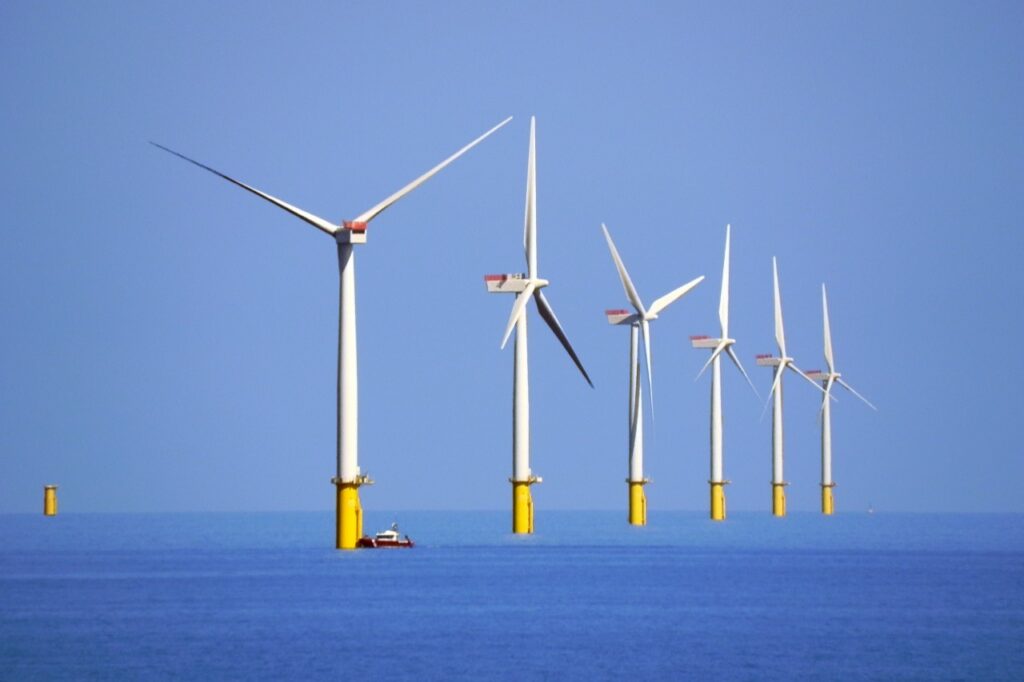Sustainable Solutions for Water and Energy in Malta
Sustainability in action: Malta’s innovative solutions for water and energy
Malta, a picturesque island nation in the Mediterranean, grapples with a unique challenge when it comes to water resources. Nature provides only half of the water needed for its population, compelling the island to seek innovative solutions. From ancient cisterns to modern desalination and water reclamation technologies, Malta’s approach to water supply has evolved significantly.
Meanwhile, in the energy sector, Malta primarily relies on natural gas and European grid interconnections. As it endeavors to increase its renewable energy capacity, offshore wind emerges as a promising avenue. The island’s pursuit of renewable energy sources, however, is not without its challenges.
REVOLVE spoke to Manuel Sapiano, CEO of the Energy and Water Agency (AWA) of the island about Malta’s intricate relationship between water and energy sectors and its journey in managing such resources.
What is the water situation like in Malta?
Malta is one of the least favoured countries when it comes to water resources. To put it simply, nature can give us around half of what we need. If we were to start using our natural water resources sustainably at the beginning of January, they will only get us up to June, and that is a very important fact because over the years this has meant that we needed to produce water in different forms. Historically, we retained rainwater, for example, through cisterns and storage areas, at both a household level and at a field level. In more recent years, we have been producing water through desalination and reclamation. Nowadays, we are trying to diversify our water supplies, and we do this through increasing our supply base but also by trying to be as effective as possible in water demand management and in efficiency.
Malta is different to other countries as we need to produce water, and producing water requires energy.
And what is the general scenario when it comes to energy sources and access?
Our energy production, today, is mostly based on natural gas. We are also connected to the European grid, with an interconnection to Sicily. The government is looking at increasing that interconnection. Apart from that, there’s continued investments in renewables, mainly onshore solar photovoltaic, but even with solar photovoltaic we are slowly reaching our technical capacity. Therefore, we are looking at opportunities for an offshore renewable strategy, specifically offshore wind, which I believe will be the big break for Malta in renewable technology.

Is offshore wind the only renewable energy source being considered for Malta?
Unfortunately, that’s the only solution currently available in the market. We are looking at floating solar in conjunction with offshore wind. However, it is a technology which is not as readily available as wind. There are also other opportunities like wave, but once more it is only in use for test cases. Therefore, we are looking at what is readily available because we need to make that big step. However, we will leave the door open to eventually have other technologies in conjunction with wind.
In what way are the energy and water sectors interconnected in Malta?
The link between the energy and water sector in Malta goes some years back. Malta is different to other countries as we need to produce water, and producing water requires energy. The high-level development of both sectors is very similar, and so, the approach to consumers is similar as well. Therefore, it makes sense to combine the two sectors, particularly in Malta where there is an interdependence between both sectors for the energy need to produce water. Combining both sectors also addresses the similarities between them, with experience in one sector supporting the other, and when it comes to efficiency delivers a stronger message to consumers.

What does a higher number of renewable energy sources mean for the water sector?
Progressively, the higher share of renewables in the grid will mean greener desalination. From a water perspective, we are also looking at addressing water demand. Our main limiting factor in this is the availability of freshwater resources. This will become more constrained in the coming years as a result of climate change. Therefore, it is not a question of setting a target of desalination based on energy, but it is a question of setting a target of desalination based on an efficient water demand while addressing that demand sustainably and continuously optimizing that sustainability in line with our decarbonization objectives.
We need to look at the water connections with energy, but we also need to look at the water connections with agriculture, employment, and migration.
How important is regional cooperation in the energy and water sectors?
There is strong regional cooperation in the Mediterranean already. In the case of energy, the physical interconnection between regions is important and increasing that interconnectivity in the Mediterranean for solar-based renewables is also significant with the south becoming capable of supporting the green energy demands of the north. In the water sector, regional cooperation is different. There is interconnectivity, but from a capacity-building perspective. Mediterranean regions are all facing the same challenges, such as water scarcity and droughts, with droughts becoming more and more prevalent because of climate change.
Once more the same solutions are being tested, adopted, and adapted in different countries, but most of the time in isolation. And so, we need to look at the water connections with energy, but we also need to look at the water connections with agriculture, employment, and migration so that cooperation in the water sector leads to increased security and increased living conditions for all the people in all the countries in the Mediterranean.